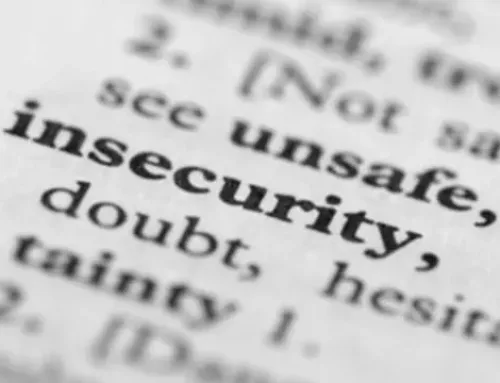A scam is a deceptive scheme or trick used to cheat someone out of something be it money or assets. Scams can come in different forms, but the end game for all of them is to trick you out of your money. They can do this by getting you to divulge your personal information to them In order to ultimately rob you. It can be in the form of an e-mail, phone call, or even physical contact.
Scams are often connected with current trends and pressing issues in the society at the time. Take, for example, the COVID-19 pandemic that is currently at large, there are already a number of scams worldwide operating that are in a way or another connected to the pandemic.
The most important thing is to identify and recognize scams and ways to protect yourself against them. There are various forms of scams. However, irrespective of the tactics, scams are easy to recognize and avoid. Here are some of the recognized tactics to avoid:
- Unsolicited or unexpected contact like phone or SMS. It is best to avoid such unexpected contacts like SMS from banks telling you that your debit or credit card has or will be suspended and that you should call a certain number for further instructions.
- Email address is another such common tactic used by scammers. Ensure to always check the address where the e-mail is from. If the mail is from scammers, it will be made of random numbers or misspellings. For instance, you may receive mail from someone claiming to have sensitive pictures of you and threatening to release them online if you do not pay a certain sum.
- Random competitions even you don’t remember entering. Such should ring alarm bells.
- Random numbers sending you recharge cards, then calling to tell you they want to get to know you and help you. This usually precedes scams.
- Random job interviews with companies you don’t remember applying to. Look out for such.
- Then there are those that will seek you out and try to scam you in the guise of bringing investment opportunities to you.
There are so many different tactics and methods scammers use; the prevalent question is how to protect yourself from scams and scammers. Here are a few tips:
- Avoid unexpected contact: phone calls, e-mail, letters, and even people you don’t know.
- Never give personal information because it can be used to steal your identity or access your accounts. Also, no reputable financial organization will request your personal details via such means.
- If you are sent interviews, check the company CAC or Google them and contact them directly to ensure the interview opportunity is legitimate.
- Ensure all your accounts have strong, unique passwords.
- Invest in VPNs and also have good up-to-date anti-virus software. Use safe Wi-Fi and avoid public Wi-Fi.
- Don’t make advance payment if you are unsure of the company.
- Sign up for call-blocking services like Truecaller. This will help stop spam calls and cold-callers as well as help you identify callers.
In conclusion, the best way to protect yourself against scams and scammers is to avoid them. Most importantly, the saying that “Not all that glitters is gold”, is so true in the case of scams. When you think something is too good to be true, it most likely is.






